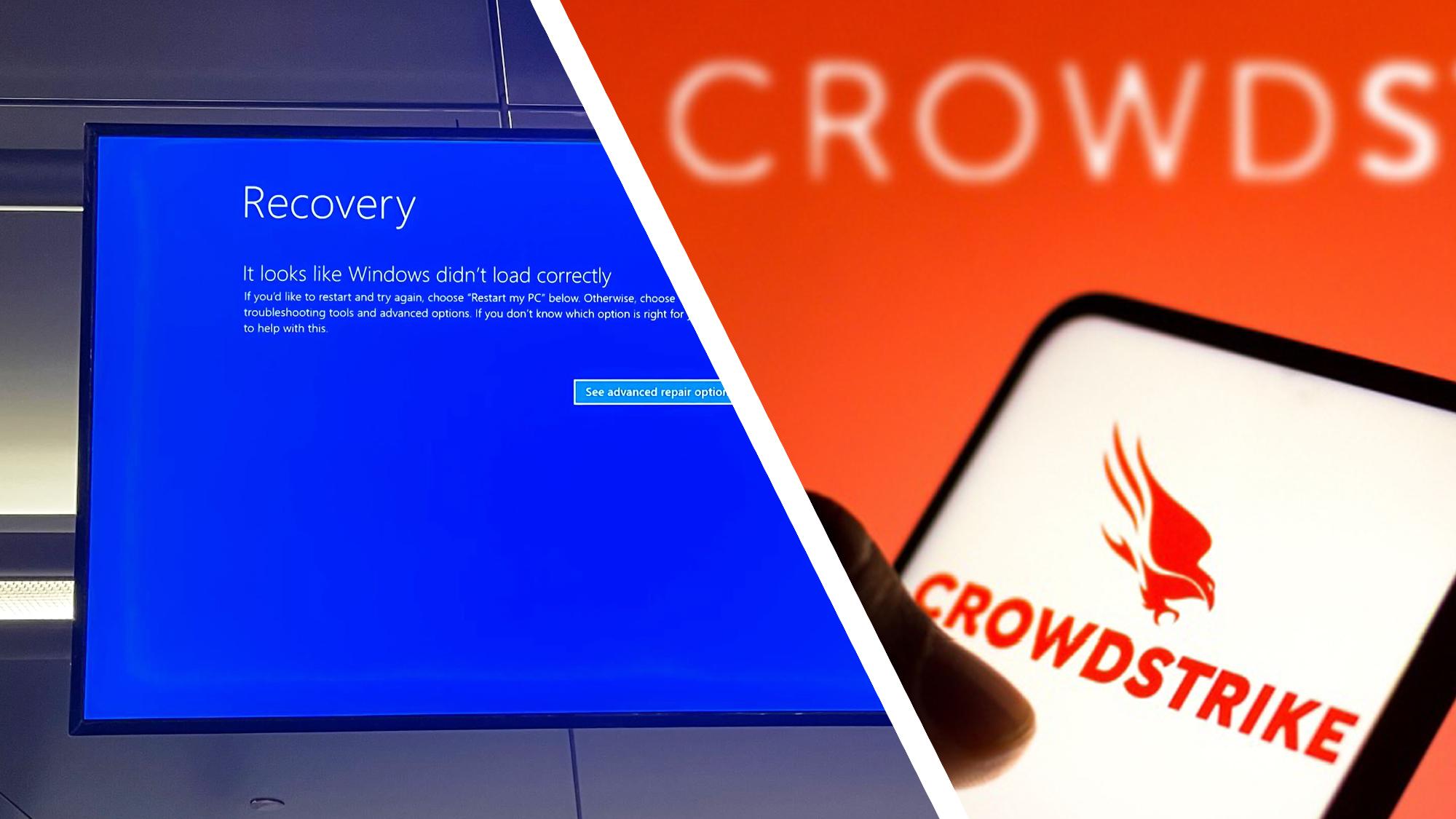With the rapid development of artificial intelligence, chatbots have become an integral part of our daily lives. They can help us with various tasks, provide information, and even have meaningful conversations. However, one of the key challenges with chatbots has been their ability to retain context over extended conversations. Often, they suffer from what is known as “instruction amnesia” – the inability to retain information or remember instructions given earlier in the conversation.
Fortunately, OpenAI’s research team has been hard at work to address this issue, and they have come up with an exciting breakthrough – ChatGPT, an AI language model, will no longer suffer from instruction amnesia. This development marks a significant step forward in improving the capabilities of chatbots and creating more meaningful and dynamic conversations.
Instruction amnesia is a common problem faced by chatbots. When asked a question or given an instruction, they tend to answer and respond to it without retaining the context of the conversation. For example, if you were having a conversation with a chatbot about planning a vacation and gave specific instructions regarding your destination preferences, the chatbot might forget that information in subsequent interactions, leading to repetitive and frustrating conversations.
The research team at OpenAI tackled this issue by fine-tuning ChatGPT using a technique called Reinforcement Learning from Human Feedback (RLHF). They gathered examples of conversations where human AI trainers played both sides – the user and the AI assistant. In these conversations, the trainers were given access to model-written suggestions to help them compose responses. The resulting dataset was then used to train the model using a combination of supervised fine-tuning and RLHF.
The OpenAI team also addressed another concern with the previous chatbot model related to its behavior when users provided unsafe instructions or engaged in harmful behaviors. They used a novel technique called “Reward Modeling” to reduce the severity of these issues. The model was fine-tuned using a reward model where human AI trainers ranked the outputs based on their quality and alignment with OpenAI’s guidelines. By iterating this process multiple times, they were able to develop a more responsible and reliable chatbot.
The new version of ChatGPT, released in October 2021, showcased significant improvements in retaining context and providing more coherent responses. Users reported that the model appeared to pay more attention to the details of the conversation, resulting in a more satisfying and realistic interaction.
This breakthrough is incredibly promising as it demonstrates that AI chatbots are becoming more adept at retaining information and providing personalized responses. It opens up a world of possibilities for various applications, including customer service, personal assistants, educational tools, and even creative writing.
However, it is important to note that despite these improvements, ChatGPT is not flawless. It still has limitations and may occasionally generate incorrect or nonsensical answers. OpenAI recognizes this and has made efforts to encourage users to provide feedback to improve the system’s performance.
the development of ChatGPT signifies a significant step forward in tackling the challenge of instruction amnesia in AI chatbots. OpenAI’s proactive approach to training and fine-tuning the model has resulted in improved context retention and more coherent responses. While there is still room for improvement, the progress made so far gives us a glimpse into the exciting future of AI-powered conversational agents.

